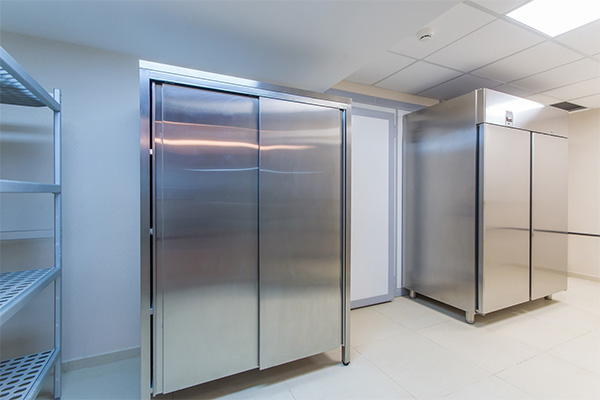
Enhanced Due Diligence
Are financial institutions and banks the only ones required to implement the advanced AML regulations to combat money laundering and Terrorist financing crimes? If you think this, you are already letting criminals exploit your business platform to perform financial crimes quite easily. Because knowing your customers isn’t just limited to financial institutions.
Therefore, businesses of all types need to understand the importance of Enhanced Due Diligence in Aml to save their business from being used for criminal activities.
Enhanced due diligence is a set of measures that provide the business and particularly the financial institutions to understand the customer background history and the level of risk they can pose in the future. That is the reason, the EDD measures are also known as the risk-based approach.
Are implementing these measures essential for business, if yes, why the enhanced due diligence in AML has become an essential part of fighting against money laundering and other financial crimes?
This blog discusses the importance of EDD in AML for financial institutions and highlights how these measures can be beneficial for businesses to avoid regulatory fines and reputational damage.
Understanding Enhanced Due Diligence in AML
To make sure your customer has not been involved in any criminal activities such as money laundering, corruption, fraud, embezzlement, or terrorist financing, financial institutions have to implement the Enhanced due diligence process that is known as the risk-based strategy. This is an essential element of KYC which helps firms to know the customers they are claiming to.
Generally, one can say that this is an initial screening process of customers while onboarding them to check whether the person is trusted enough to make business relations with them or make any investment.
When was the enhanced due diligence executed? These measures are often implemented when the compliance officer sees any risk associated with the transaction or the person you are onboarding is more prone to get involved in money laundering and other financial crime.
Why Enhanced Due Diligence Is More Critical in High-Risk Transactions
- Business’ Obligations to follow the AML Regulations
Whether it is the Financial Action Task Force, EU AML directive, USA’s BSA act, or any other regulatory requirements around the world. All these regulatory bodies have made one thing clear, there is no tolerance for higher-risk individual screening and areas where the chances of money laundering are higher.
For instance. the FATF requires that the organization must screen and implement the EDD measures on the transaction transactions involving high-risk countries or politically exposed persons. It means businesses are required to get detailed information about the clients to properly manage the compliance program.
- Complex Money Laundering Schemes
Old ways of screening customers, particularly politically exposed persons aren’t a sophisticated way of implementing customer due diligence measures. Because criminals have developed the complex laundering scheme, where they easily move money from one place to another. Therefore, Enhanced due diligence not only detects and monitors the basic background checks but goes beyond it to examine the connection with criminal activities.
Which Businesses and Individuals Must Undergo EDD Measures
- Politically Exposed Persons (PEPs)
The first in the list are people who have held or hold any government position, politicians, or army officers who are the higher risk individuals who are prone to get involved in criminal activities.
Therefore, Enhanced due diligence must be implemented on the PEPs, and that includes checking the background, history, transaction history, and connection with other high-risk individuals to ensure your business is not letting any suspicious transaction unnoticed.
- Cash-Intensive Businesses
Businesses that handle large amounts of cash, such as casinos or car dealerships, pose higher risks for money laundering because such businesses often mix illicit funds with real profits and show them as the legal source of income.
However, with proper AML regulations and enhanced due diligence measures, such businesses will not be used to clean illicit funds by requiring stronger controls and more stringent reporting.
Cross-Border Transactions
Global trading systems have many loopholes for launderers to move money from one jurisdiction to a jurisdiction with weak AML regulations. Just like any transaction that is made to the countries and states that are declared by the Financial Action Task Force as prone to money laundering activities must be comprehensivey monitered to assess the risk level of such transactions.
For example, many offshore banking centers are used to hide the proceeds of corruption or tax evasion, and financial institutions must apply EDD to these transactions to ensure compliance with global regulations
Summing It Up
Whether you are a financial institution, a business dealing with large cash transactions, or engaging in cross-border trades, EDD is essential to safeguard your operations. For organizations looking to strengthen their AML compliance framework, investing in robust EDD practices is a must.
Take your AML compliance to the next level with AML Watcher—an advanced solution designed to monitor high-risk customers and transactions. With its comprehensive



